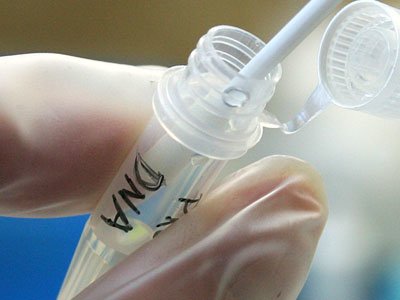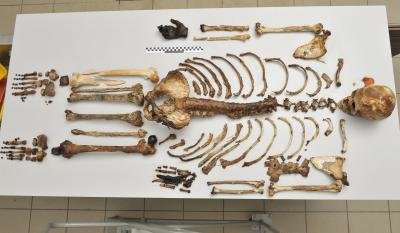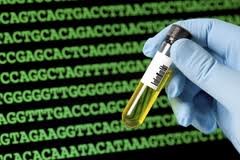In a landmark ruling this past June 13th, 2013, the US Supreme Court has altered the landscape of DNA gene testing across the nation. The unanimous decision will affect many bio-tech companies however many after the ruling are still shaking their heads trying to make sense of the implications of the decision. One thing seems clear however; naturally occurring DNA which has not been altered in a laboratory will be protected against patenting by US companies for the time being.
The ruling which even Justice Scalia deemed the case too technical for him to personally understand all aspects, simply noting that if the DNA in question is naturally occurring than there seems to be no precedent for a laboratory to claim it as their own if they have done nothing to create it. Justice Clarence Thomas stated more clearly in the court record that “we merely hold that genes and the information they encode are not patent eligible … because they have been isolated from the surrounding genetic material.”
The Case in Question
 Photo: geneticsandsociety.org
Photo: geneticsandsociety.org
The patenting of genes and human DNA was elevated to the national spotlight by Salt Lake City, Utah, based bio-tech firm Myriad Genetics, who in an effort to protect its $600 million dollar annual gene testing patent for breast cancer likelihood in women. In 2009 the (ACLU) sued Myriad Genetics in an effort to stop what they considered patenting of material that violates the rights of human beings to own their own biological makeup. A New York Federal Court sided with the ACLU in 2010 essentially allowing other firms to offer a similar test for less money. Two subsequent appeals put the ball back into Myriad’s court however the ruling by the Supreme Court seems to have once again taken the side of the ACLU.
Since the ruling by the high court, several smaller bio-tech companies immediately started implementing the previously patented cancer gene test into their portfolio of DNA testing offered to clients. Most charged half the cost of Myriad Gene’s original test or less prompting Myriad to sue them in order to halt the testing immediately. Regardless of the court ruling, Myriad still claims ownership of synthetic genes which they claim the other bio-tech companies are using as part of the gene testing.
The BRAC gene
The BRAC1 and BRAC2 gene are two genetic mutations that are known to be responsible for breast cancer. These gene mutations can be present in both males and females and despite the fact breast cancer is associated with women, men too can develop breast cancer as they too have breast tissue.
The BRAC 1 and BRAC2 genes are tumor suppressor genes which control and slow down cell division. A mutation on a tumor suppressor gene can have life-threatening consequences as tumors can grow uncontrolled by the body. Testing for these genes can help determine how likely it is that the person in question will develop breast cancer over the course of their life. Analysis of these tumor suppressor genes can, however, only gives an estimate expressing the likelihood that someone will develop breast cancer and even a high probability does not signify the person will ever develop breast cancer. The news of Angelina Jolies preventive double mastectomy following results of a genetic predisposition test to breast cancer has spurred many women to get tested – especially in Canada and the USA. Besides the result of DNA testing, doctors will also evaluate the family health history to assess the incidence and frequency of breast cancer. This will help them get a better idea of how likely it is that the person concerned will suffer from breast cancer.
A number of companies offer for various diseases including breast cancer. The tests can be done using a blood sample or a saliva sample and results will determine the individuals’ genetic susceptibility to a range of different illnesses including breast cancer, prostate cancer and many others. The FDA, or the , has halted the sale of these direct to consumer genetic predisposition tests in the USA and have argued that the science behind them is not sound enough and that the results of such a test are not very meaningful to the individual who has undergone the test. Genetic predisposition testing is not illegal per se. It can be carried out following a physician’s recommendation.
Synthetic vs. Naturally Occurring DNA
Where the Supreme Court’s ruling has failed to bring any finality, in fact only inviting more confusion, is what determines synthetic or cDNA. cDNA is termed “complimentary” DNA however what makes it altogether synthetic and thus still patentable under the US court’s ruling remains to be clarified. Scientists contend that what is currently considered synthetic genetic material is itself naturally occurring but copied. So if a gene cannot itself be patented, but a laboratory can make an exact copy themselves of the gene in question, and then label it synthetic- the new gene can then be patented.
For now this gray area of the law remains in doubt and is unlikely to be resolved in the near future by the Supreme Court. The Myriad Genetics lawsuits are still pending and will themselves most likely shed more light on what the court systems determine to be natural and synthetic DNA.



